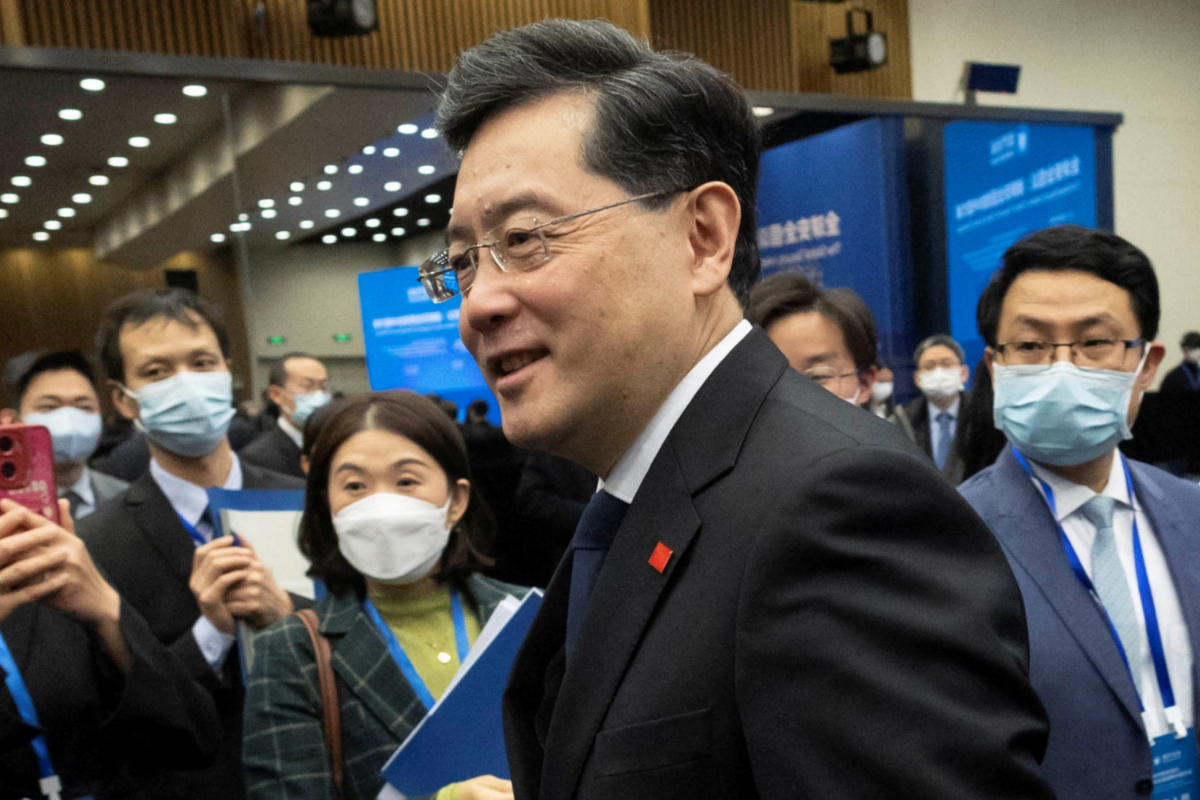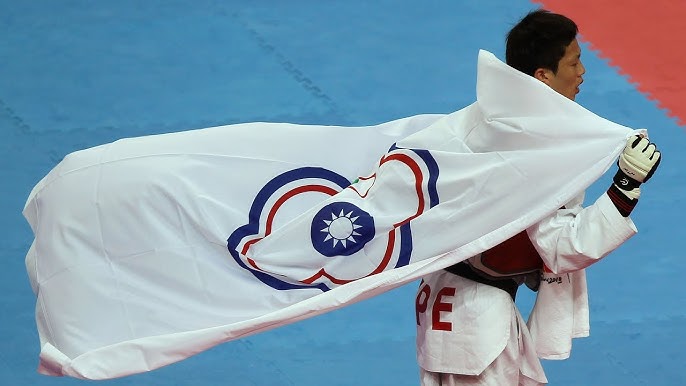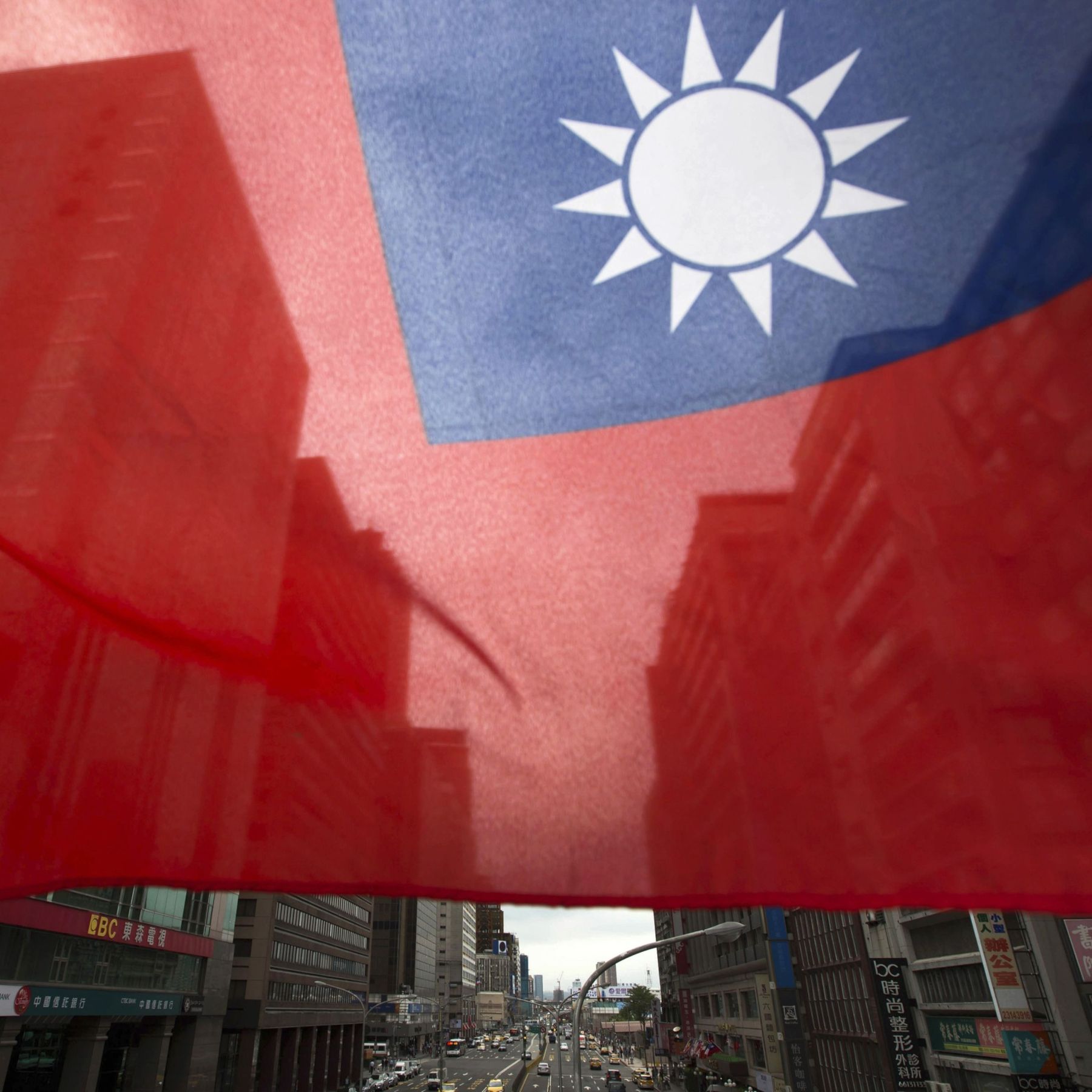Chinese Taipei and India Agree to Solve 2023 WTO Dispute

Chinese Taipei and India Agree to Solve 2023 WTO Dispute
Chinese Taipei has agreed to settle the World Trade Organisation dispute with India involving bilateral tariffs on various information technology and telecom products, following the European Union.
Chinese Taipei has agreed to settle the World Trade Organisation dispute with India involving bilateral tariffs on various information technology and telecom products, following the European Union.
“The EU and Chinese Taipei have requested that the Panel report’s adoption be postponed until September 19, 2023, through the WTO’s Dispute Settlement Body. Anupriya Patel, a minister of state in the ministry of Commerce and industry, responded to a question in the Lok Sabha by stating that the goal of this postponement is to provide all parties the chance to work towards a Mutually Agreed Solution (MAS).
)
In April 2019, the EU filed a complaint against India’s import taxes on components for mobile phones, base stations, integrated circuits, and optical equipment. The measures, according to the EU, appear to be at odds with several ITAs of the WTO regulations. Later, Japan and Chinese Taipei entered the conflict.
The Information Technology Agreement (ITA), which attempts to eliminate all levies on IT products, was ruled against by the WTO’s Dispute Settlement Body (DSB) on April 17.
Mobile phones and telecom equipment both have a 20% and 15% import tariff, respectively, in India.
India responded by filing its notice of appeal after Japan moved to approve the Panel findings at the DSB meeting at the WTO, Patel added.
It has been decided to resolve the matter through negotiations, she added, and India has not yet filed its appeal against the European Union and Chinese Taipei.
Bilateral consultation is the first stage in the WTO process to settle a disagreement when a complaint is made. Either party may request the creation of a dispute resolution panel if they are unable to reach an agreement through consultation.
The panel’s decision or report may be contested before the WTO’s appeals body. Due to the Appellate Body members not being appointed since 2019, the body is now dysfunctional.
It is impossible to comment on how the Panel’s decision would affect regional manufacturing until the Appellate Body releases its review report on the Panel’s findings, according to Patel.
Chinese Taipei and India have agreed to resolve a trade dispute that was pending under the auspices of the World Trade Organisation (WTO) in 2023. This step marks a significant breakthrough in international trade, promoting cooperation between the two economies and a stronger commitment to multilateralism. Let’s delve into the details of this matter and discuss its implications for both countries and global trade.
The trade dispute between Chinese Taipei and India originated over alleged unfair trade practises and tariff impositions. Chinese Taipei had raised concerns about the “domestic content requirement” clauses in India’s National Solar Mission and other infrastructural projects that favoured local industries over foreign participants.
Similarly, India voiced its concerns over the discriminatory trade practises and tariff barriers imposed by Chinese Taipei on a range of products, especially in the agriculture sector. The conflict reached the WTO dispute resolution body in 2023, marking one of the most challenging trade disputes in the WTO’s recent history.
Both nations, after several rounds of talks and negotiations under the WTO’s dispute settlement framework, agreed to amicably solve the dispute in July 2023. The specifics of the agreement revolved around mutual concessions and fostering cooperation in key sectors. India agreed to modify its solar policies, opening the National Solar Mission to foreign competitors. Simultaneously, Chinese Taipei agreed to reduce tariff barriers on Indian agricultural products and committed to a more open, transparent, and non-discriminatory trade environment.
This mutual agreement did not just prevent potentially damaging trade sanctions but also reinforced the importance of negotiation and cooperation over conflict in international trade.

The resolution of the dispute carries significant implications for both Chinese Taipei and India. For Chinese Taipei, this means enhanced access to the Indian market, particularly in the renewable energy and infrastructure sectors. It also signifies an important shift in Chinese Taipei’s approach to trade disputes, opting for negotiation over escalation.
India, on the other hand, stands to benefit from greater access to the Taiwanese market for its agricultural products, which can significantly boost its export revenues. Additionally, the influx of foreign players in India’s solar market can spur competition, enhance technology transfer, and ultimately lead to the growth of the renewable energy sector in the country.
Beyond the bilateral implications, the resolution of this dispute also sets a positive precedent for the global trade system. In a time when protectionism and trade wars threaten global economic stability, the ability of Chinese Taipei and India to resolve their differences through the WTO’s dispute resolution system strengthens faith in international trade law and multilateralism.

The resolution of the WTO dispute between Chinese Taipei and India in 2023 sends a powerful message about the efficacy of international trade norms and the importance of cooperation. The impact of this resolution will not just be felt within the bilateral relationship between these two significant Asian economies but will also ripple across the global trade landscape. This development signifies a milestone in international relations, serving as a template for resolving future trade disputes.




